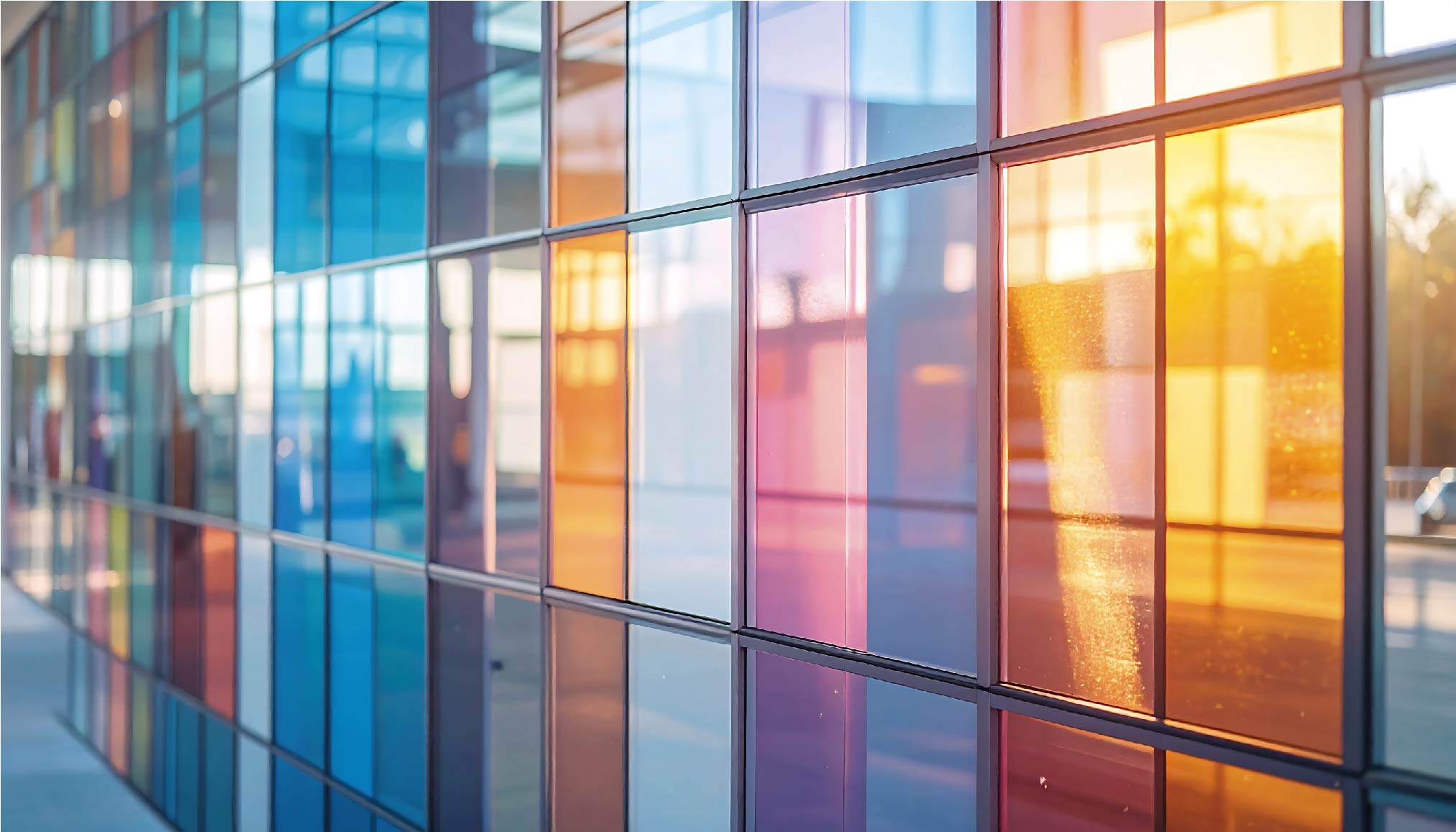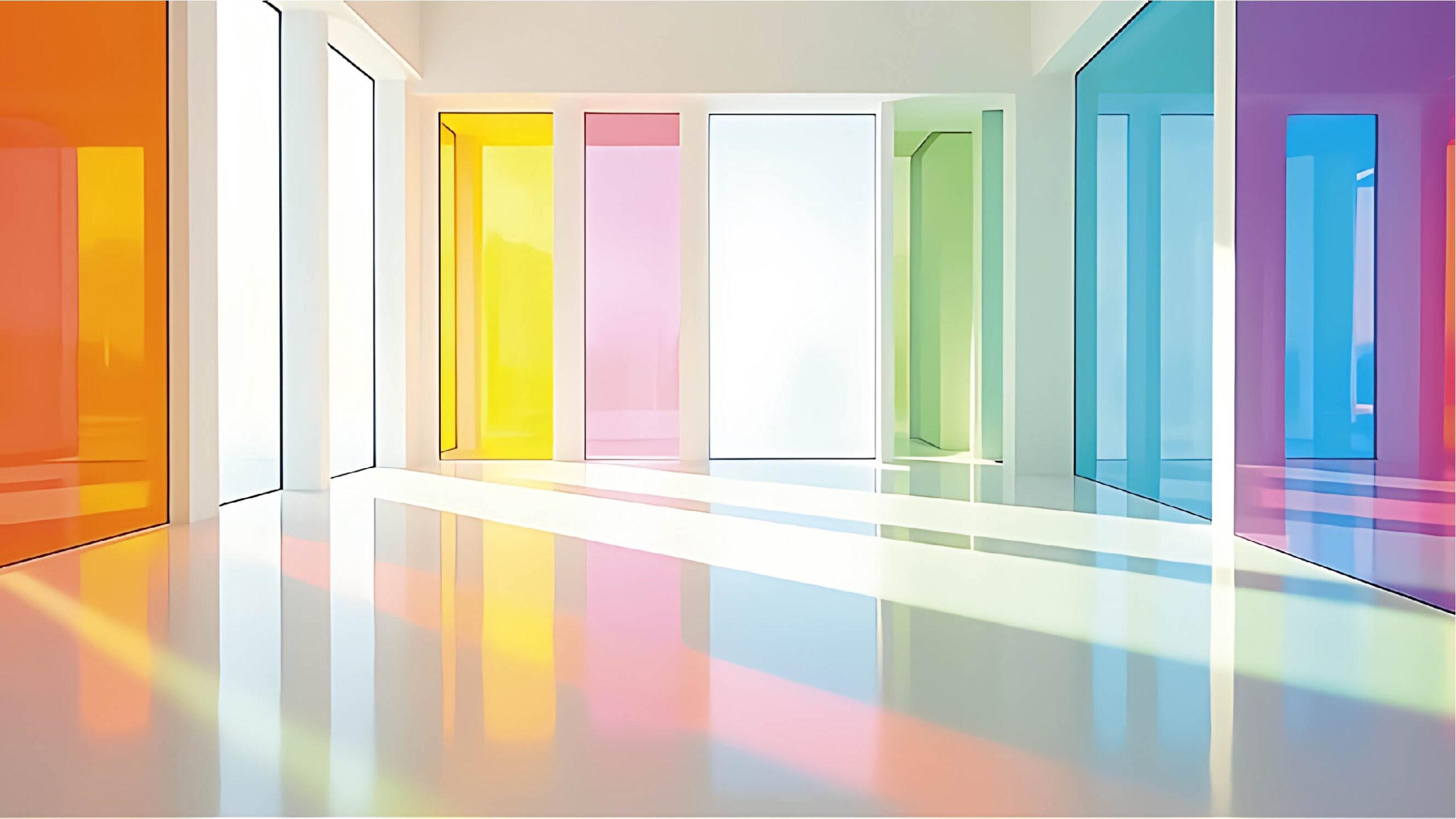How Glasstec Systems can deliver complex project requirements through bespoke structural glazing
Glasstec Systems can seamlessly deliver and control complex structural glazing requirements because we design, supply and install each structural glazing system. This is unique in structural glazing with most competitors only offering supply.
Developing and supplying our own structural glazing designs means Glasstec Systems can collaborate and meet specifiers’ design requirements such as custom profiles, oversized units, or specific colour and pattern requests. By collaborating on projects from the outset, Glasstec Systems’ design specialists can provide crucial insight to architects for them to realise their vision and incorporate the designs into the overall build, knowing they won’t face design challenges at a later stage.
Different types of decorative glass
Glasstec Systems can supply a range of decorative glass types, providing specifiers with true design autonomy.
Cast glass
Cast glass is strong, tough glass that has been moulded into a specified unique shape. It can be used for creating durable surfaces such as tiles and bricks so is ideal for partitions and feature walls. Custom moulds allow architects to meet functional needs without compromising on artistic flair, providing structural glass features that are unique to the building.
Etched glass
Glass etching is the creation of decorative patterns or drawings etched out of a frosted or matte effect coating. Etched glass is produced by hand, using stencils and a sandblaster. A similar process is engraved glass which is produced by machines and results in a lower grade quality without the crisp finish of etched glass.
Etched glass is usually specified to either provide privacy, block unpleasant views or reduce glare from the sun. It provides a stylish aesthetic and allows for company names, numbers, logos or drawings to be permanently etched onto commercial building facades and panels.
Glass screen printing
Glass screen printing can be used for internal or external decorative structural glass panels or entire facades. Screen printing opens opportunities for an extensive range of customised colours, patterns and transparency. Surface finishes can also be applied including etching, transparent and opaque colours, and mirroring.
Coloured glass
Specifiers can request coloured glass interlayers to achieve the colour and effect they need for a bespoke, high-end finish. The interlayers are placed between panes of glass to create a customised, single laminated unit. By combining coloured interlayers, designers have access to a vast palette of coloured glass for bespoke architectural effects.







